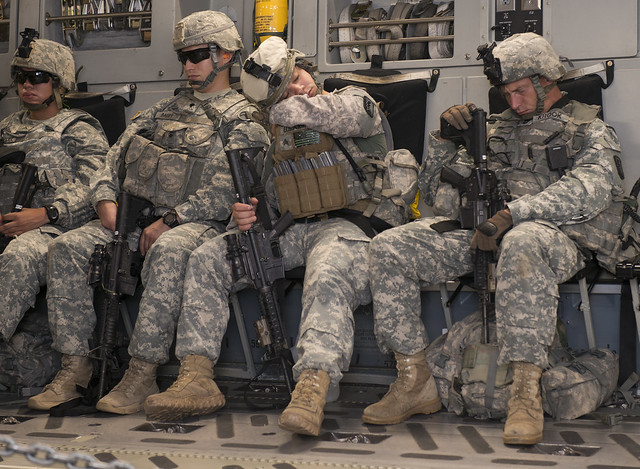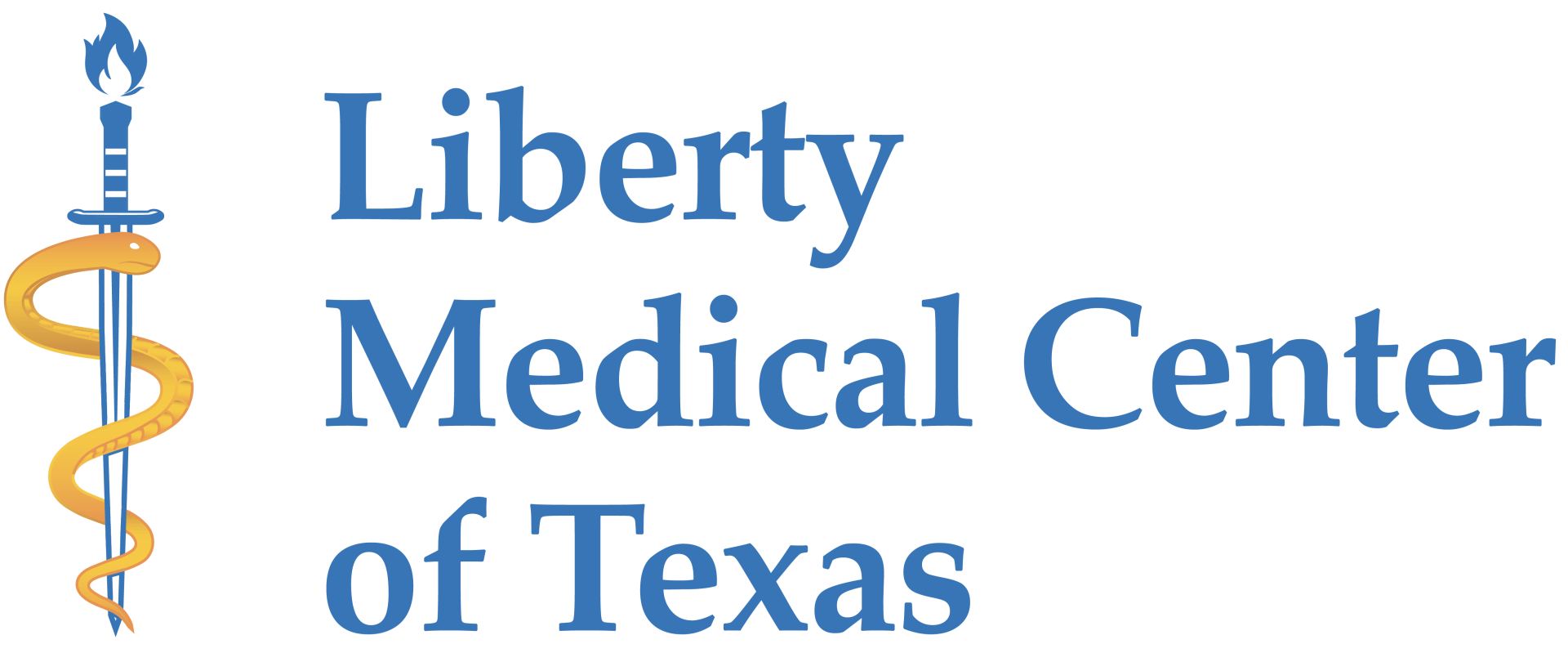 Army National Guard soldiers catch a few minutes of sleep by Travis AFB is licensed under CC BY-NC 2.0
Army National Guard soldiers catch a few minutes of sleep by Travis AFB is licensed under CC BY-NC 2.0
Sleep: The Real Treasure of Healthy Life
By Vrunda Patel
Why Do We Need Sleep?
Adverse sleep affects soldiers and veterans more than we can imagine. In a perfect world, veterans will wake up feeling well-rested and restored each morning. Sleep is a fundamental requirement of life. Adequate sleep is a core pillar of well being that can improve:
- immunity
- productivity
- mood
- decision making and learning
Let’s think about this question:
Who doesn’t love a good night of sleep?
A good night of sleep is important for everyone, however true sleep is vital for the people protecting our country. The stress of war, the sound of gunfire, or terrifying post-traumatic experiences, makes falling asleep more difficult for veterans.
The Health and Force report that only 15% of active duty soldiers in the army meet the national sleep standards, while an alarming 55% failed to reach any of the defined targets. Another study demonstrates that an alarming 42% were getting less than 5 hours of rest per day.
Adverse effects of poor sleep faced by Veterans:
An online survey found that 1 in 5 Veterans get less than 4.5 hours of rest per night. Evidence suggests that anywhere between 76% and 89% of veterans are sleep deprived, which can lead to:
- Decreased Performance and Fatigue
- Heart Condition and Cardiovascular disease
- Microsleep and Insomnia
- Circadian Rhythm Disorders
- Movement Disorders
- Nightmares and Night Terrors
- Sleep Paralysis and Hypersomnia
Explore the following tips for improved sleep
- Create a Sleep Routine. Establish a bedtime ritual. It could be as simple as brushing your teeth and turning down your sheets. And stick to a regular sleep schedule — this means going to bed and waking up at the same time every day.
- Turn Down the Lights. Light suppresses melatonin production, which is important for sleep. The National Sleep Foundation recommends using low-wattage incandescent light bulbs in your bedroom .
- Unplug. According to a Bank of America Trends in Consumer Mobility Report, 71% of Americans sleep with or next to their smartphones. Electronics emit blue light, which can disrupt your body’s biological clock. Limit screen time starting 30-minutes before bedtime.
- Create a Cool Sleep Environment. Temperature plays an important role in getting a good night’s sleep. The National Sleep Foundation recommends setting your bedroom temperature to 65 degrees Fahrenheit.
- Exercise. A study from Oregon State University shows that regular physical activity may improve sleep (Sleep Revolution). The World Health Organization recommends that adults exercise at least 30-minutes per day, five days a week.
- Pay Attention to What You Eat Before bed. Avoid heavy meals before bed. The body needs two or three hours to digest a meal, which is why eating before bed can disrupt your sleep/wake cycle (Sleep Revolution).
- Spend Time in Nature. Sunlight helps regulate sleep patterns. The National Sleep Foundation recommends getting sunlight first thing in the morning to help alert the brain and get ready for the day.
- Unwind. An overactive mind can be a real sleep disruptor. So, give yourself time to relax before bed. You might try a calming activity, like meditating, journaling, coloring, or sudoku.
Treatment Options for Veterans
The support of family, friends, and medical professionals is important, especially to a soldier or veteran with a sleep disorder or a related condition. The sad truth is that so many do not feel that they have this support. Here are some therapies that can help veterans:
- Cognitive Behavioral Therapy
- Circadian Rhythm Adjustments
- Addiction Rehabilitation
- Therapy Dogs
- CPAP Therapy
- Light Techniques
- Relaxation Therapy
Please do not hesitate to reach out and seek medical attention from credible sources such as LMC. You don’t have to be alone with this struggle, and there are many people trained to help you.
Resources:
- First, it helps to realize that you are not alone. There are many resources and treatments available at Liberty Medical Center of Texas to you and medical professionals who specialize in working with soldiers and vets with these issues.
E-mail: [email protected]
Phone: 214-531-0541 - The Liberty Medical Center of Texas (LMC) mental health program strives to assist our members in alleviating mental or emotional illness, symptoms, conditions, or disorders, such as depression, anxiety, PTSD, substance abuse disorders, and behavioral health issues.
photo credit: Army National Guard soldiers catch a few minutes of sleep by Travis AFB is licensed under CC BY-NC 2.0
To become a member and receive our services, please apply on our Liberty Medical Center of Texas Form and learn more about how we can help you today.

